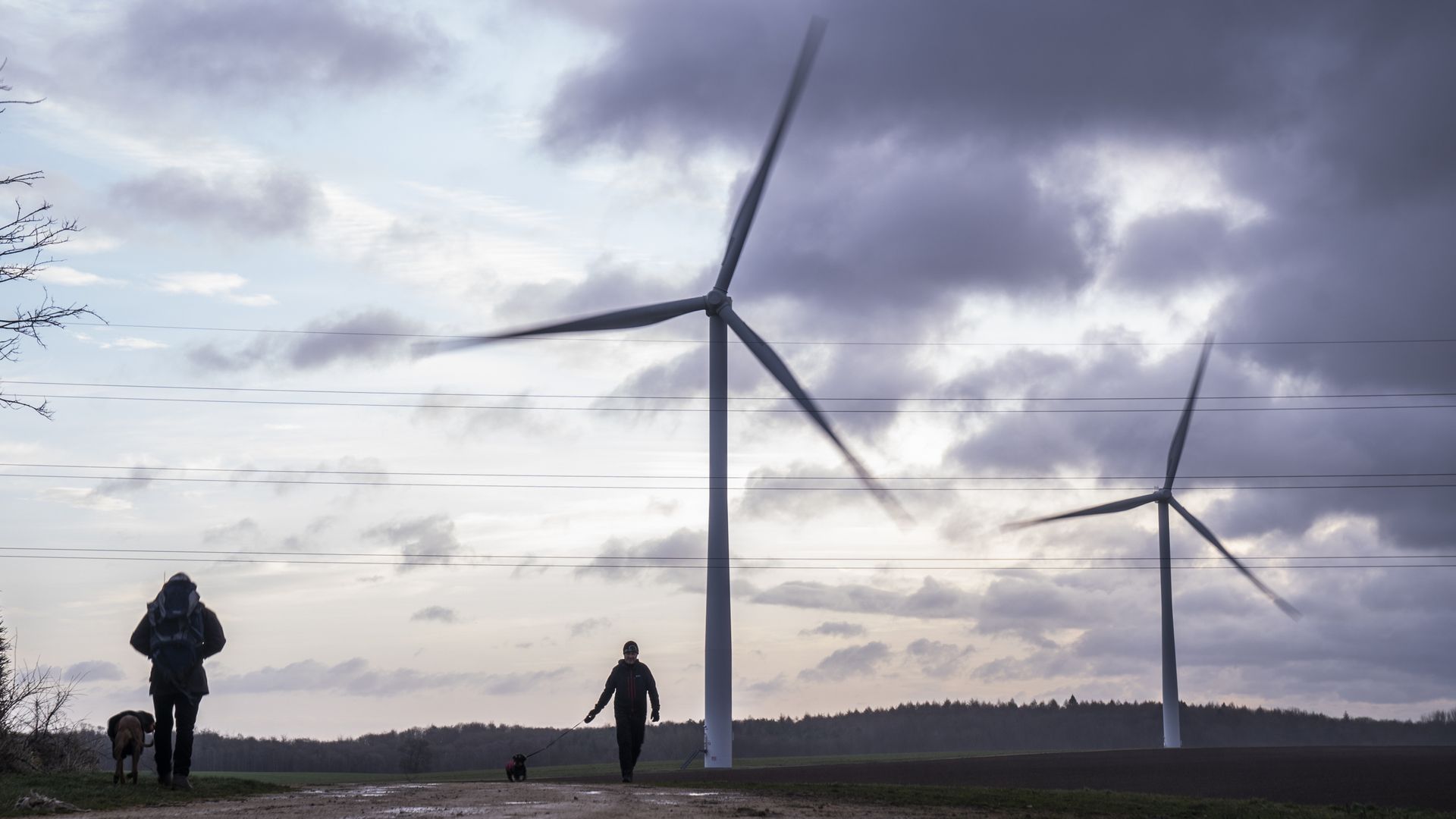The “deafening silence” on climate change during the election campaign has been criticised by major business group the CBI.
But the next government cannot claim to be pro-growth without also being pro-green, Rain Newton-Smith, chief executive of the CBI, will tell a conference in London today.
With just three days to go until the general election, she will highlight the “deafening silence from all the parties about the issues of climate change, biodiversity loss, net zero and our planet”.
But there is a risk in trying to “separate the economy from net zero”, she will say, adding: “Whoever forms the next government can’t be pro-growth and deliver for our people, planet and communities, without being pro-green.”
In February, research by CBI economists found the 9% growth in the UK’s net zero economy had far exceeded general GDP growth of around just 0.1% in the last year, indicating the need for a clear green plan to attract private investment.
The research suggested the next government could add as much as £57bn to the economy from green growth by 2030.
Green issues were high up the agenda during the last UK general election in 2019, after protests by Extinction Rebellion (XR), school strikes led by Greta Thunberg and a ban on fracking had all been making headlines.
Election week begins
Election 2024: Leaders ramp up attacks as frantic final days of campaigning begin
‘Dark days’ of cost of living crisis are still here for this family – and this is what it means for their vote
But while last time parties were clamouring to come up with the biggest tree-planting pledge, this year it has been made a wedge issue, dividing the parties.
Please use Chrome browser for a more accessible video player
The Conservatives have vowed to take a more “proportionate and pragmatic” approach to climate action after some voters in the Uxbridge by-election appeared to reject Labour over the London mayor’s ULEZ air pollution policy.
Labour have said they want to make the UK a “clean energy superpower”, though they have also watered down some green plans.
In reality, many of the two parties’ policies differ less than their rhetoric.

The CBI leader will call on both main parties to commit to delivering steps to achieving green growth.
“The next government has got to be loud and proud in making green growth part of a new investor pitch for Brand Britain,” she will say.
“No more prevarication, no more rowed back commitments. Whoever forms the next government has to let the world know it’s serious about the investment opportunities from net zero and that we’re in this for the long haul. Make decisions and stick to them.”
Be the first to get Breaking News
Install the Sky News app for free
She will add that businesses want the creation of an Office for Net Zero to co-ordinate action across government departments.
“It’s a dangerous error to try and separate [the economy] from net zero.
“There is still too much in our political discourse that amounts to ‘Can we afford to go for net zero?’ But the real question is, can we afford not to?”
As well as the proposals of Labour and the Conservatives, the Lib Dems have pledged to “put tackling climate change at the heart of a new industrial strategy”, and say investing in clean energy will lower emissions and high energy bills and create jobs.
The SNP in April ditched its greenhouse gas target, but still wants to make the Scotland a “green energy powerhouse”, and pledges an “evidence-based approach” to new oil and gas projects. It wants more devolved powers over energy to ensure its natural resources better serve Scottish people.
The Green Party wants the UK to meet net zero more than a decade earlier than the current 2050 target, and has promised to spend £40bn a year to fund the shift to a green economy.
Reform say net zero is “crippling” our economy, pledging to scrap the target and related subsidies to “cut bills and restore growth”.






